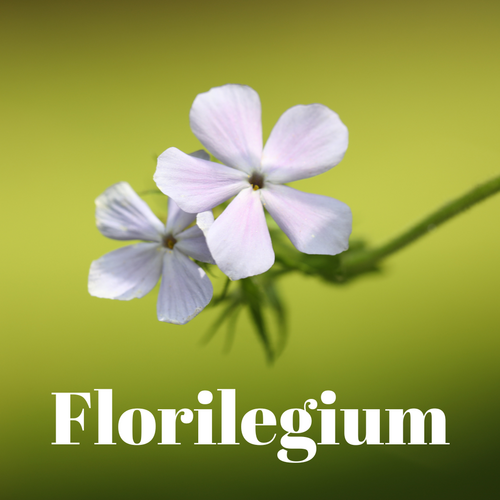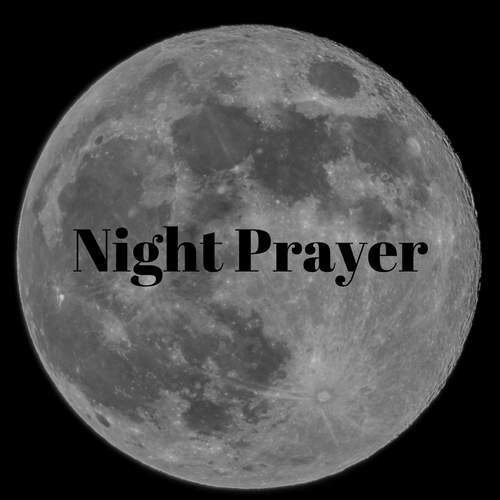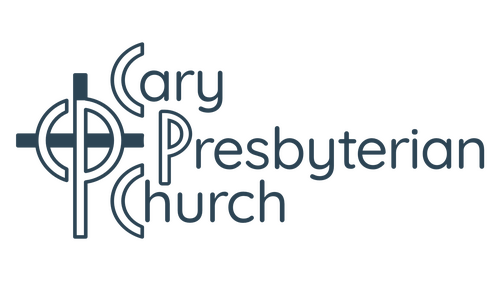

Daily Primer — July 11, Norwegian Sea Day 2
Each day you will be given:
A Florilegium entry
A Daily Prayer
and a Night Prayer.
A Florilegium entry
A Daily Prayer
and a Night Prayer.

What we call the beginning is often the end
And to make an end is to make a beginning.
The end is where we start from. And every phrase
And sentence that is right (where every word is at home,
Taking its place to support the others,
The word neither diffident nor ostentatious,
An easy commerce of the old and the new,
The common word exact without vulgarity,
The formal word precise but not pedantic,
The complete consort dancing together)
Every phrase and every sentence is an end and a
beginning, Every poem an epitaph. And any action
Is a step to the block, to the fire, down the sea's throat
Or to an illegible stone: and that is where we start. We die
with the dying:
See, they depart, and we go with them.
We are born with the dead:
See, they return, and bring us with them.
The moment of the rose and the moment of the yew-tree
Are of equal duration. A people without history
Is not redeemed from time, for history is a pattern
Of timeless moments. So, while the light fails
On a winter's afternoon, in a secluded chapel
History is now and England.
With the drawing of this Love and the voice of this
Calling
We shall not cease from exploration
And the end of all our exploring
Will be to arrive where we started
And know the place for the first time.
Through the unknown, unremembered gate
When the last of earth
left to discover
Is that which was the beginning;
At the source of the longest river
The voice of the hidden waterfall
And the children in the apple-tree
Not known, because not looked for But heard, half-heard,
in the stillness Between two waves of the sea.
Quick now, here, now, always—
A condition of complete simplicity
(Costing not less than everything)
And all shall be well and
All manner of thing shall be well
When the tongues of flame are in-folded Into the
crowned knot of fire
And the fire and the rose are one.
And to make an end is to make a beginning.
The end is where we start from. And every phrase
And sentence that is right (where every word is at home,
Taking its place to support the others,
The word neither diffident nor ostentatious,
An easy commerce of the old and the new,
The common word exact without vulgarity,
The formal word precise but not pedantic,
The complete consort dancing together)
Every phrase and every sentence is an end and a
beginning, Every poem an epitaph. And any action
Is a step to the block, to the fire, down the sea's throat
Or to an illegible stone: and that is where we start. We die
with the dying:
See, they depart, and we go with them.
We are born with the dead:
See, they return, and bring us with them.
The moment of the rose and the moment of the yew-tree
Are of equal duration. A people without history
Is not redeemed from time, for history is a pattern
Of timeless moments. So, while the light fails
On a winter's afternoon, in a secluded chapel
History is now and England.
With the drawing of this Love and the voice of this
Calling
We shall not cease from exploration
And the end of all our exploring
Will be to arrive where we started
And know the place for the first time.
Through the unknown, unremembered gate
When the last of earth
left to discover
Is that which was the beginning;
At the source of the longest river
The voice of the hidden waterfall
And the children in the apple-tree
Not known, because not looked for But heard, half-heard,
in the stillness Between two waves of the sea.
Quick now, here, now, always—
A condition of complete simplicity
(Costing not less than everything)
And all shall be well and
All manner of thing shall be well
When the tongues of flame are in-folded Into the
crowned knot of fire
And the fire and the rose are one.
T. S. Eliot, The Four Quartets - Little Gidding V.
Florilegium is the Medieval Latin word for bouquet, or more literally flowers (flos, flor-) which are gathered (legere). The word florilegium was used to refer to a compilation of writings, often religious or philosophical. These florilegium are literary flowers—beautiful words/prayers/thoughts I have gathered. During my sabbatical they will give me something to ponder each day. — PHL.

Lord Jesus, we give thanks to you for the new commandment to love one another. We take your love of the Father and your love of us as the model for our own loving. May the world truly come to know that we belong to you by seeing our love for one another. In Jesus' name. Amen.
John 13:34. Liturgy of the Hours — PHL.

You are in our midst, O Lord, your name we bear;
do not forsake us, O Lord our God!
All powerful God, keep us united with your Son in his death and burial so that we may rise to new life with him,
who lives and reigns for ever and ever. Amen.
do not forsake us, O Lord our God!
All powerful God, keep us united with your Son in his death and burial so that we may rise to new life with him,
who lives and reigns for ever and ever. Amen.
from the Office of Compline for Friday in Saint Louis Antiphonary for the Hours.
